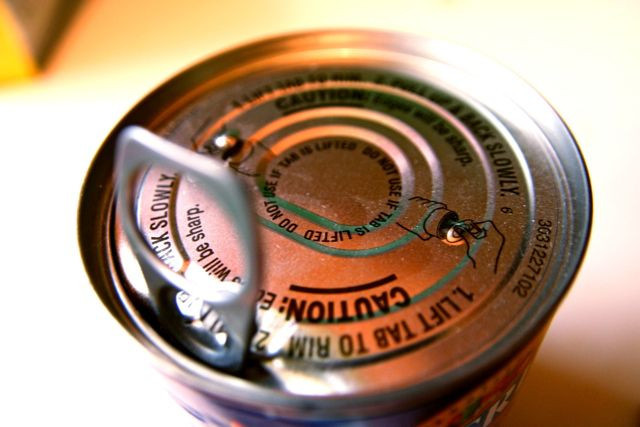California May Require Warnings On Products Containing Chemical BPA

SACRAMENTO, Calif. (Reuters) - Plastic drinking bottles, canned goods and other items containing the chemical bisphenol-A (BPA) distributed in California might soon be required to carry a label disclosing that the compound can cause reproductive harm to women.
Thursday's decision by a board of scientific experts to include BPA on a list of chemicals known to cause harm is the latest in a years-long dispute between state experts and the chemical industry, which says the substance is safe.
The decision was welcomed by the Natural Resources Defense Council, an environmental group, which called it "an important step forward in protecting public health."
But a chemical industry group denounced the decision, saying it highlights the "sheer ridiculousness" of California's law requiring disclosure of chemical compounds known to cause harm.
"Regulators are just stirring up more needless fear about safe products," said Joseph Perrone, Chief Science Officer for the Center for Accountability in Science, an industry group.
That voter-passed law, Proposition 65, set up a system under which chemicals found to cause developmental or reproductive impairment would have to be disclosed, whether they are in consumer products, used in the construction of buildings or used in other ways.
A chemical industry group sued the state in 2013, when experts tried to require disclosure of PBA as causing developmental harm. The state won that case, but the industry appealed, and the chemical remains off the list while the litigation continues, said Sam Delson, a spokesman for California's Office of Environmental Health Hazard Assessment.
The product is used in plastic drinking bottles and in the lining of some canned food containers, among other purposes.
Even with Thursday's decision that BPA belongs on the state's list of harmful chemicals, disclosure will not be required for another year, if at all, Delson said. That depends on a second state process, under which experts must decide at what level the chemical is harmful to women's reproductive systems.
If the amount in bottles or cans falls below that threshold, a warning would not be required, he said.
(Corrects to say lawsuit was filed in 2013, not 2009 in paragraph 7)
(Reporting by Sharon Bernstein; Editing by Lisa Lambert)



























